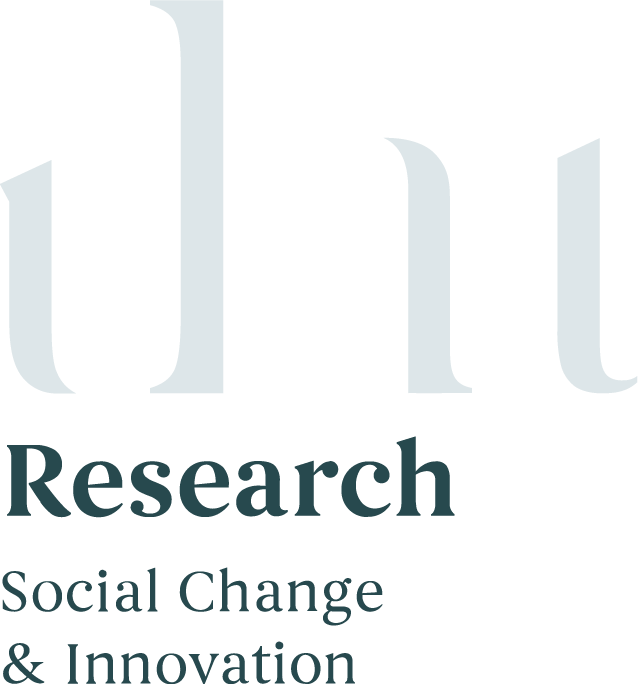Tai Aranui
Project Background
Te Rūnanga o Ngā Maata Waka (TRoNMW) in partnership with NZ Police, Department of Corrections and Ministry of Justice have developed the Tai Aranui Prototype, an integrated service model operating as a hybrid of 4 integrated workstreams that are whanau centred, whanau led, whanau ora focussed through the delivery of functional family therapy, intensive mentoring and driver education. This partnership is to work together under the principles of the Te Tiriti o Waitangi and to improve outcomes for Maori who come into contact with the Justice System.
The foundation of the integrated service model, is the collaborative approach between Te Rūnanga o Ngā Maata Waka, the New Zealand Police, Ministry of Justice and the Department of Corrections. The approach provides strength, accountability, shared resources and a focus on building a collaborative team.
National and local governance plays a critical role with the way the partnership and collaboration are undertaken. The two Boards lead the principles, values, shared strategic direction and outcomes. They manage the risk, shape new innovations, maintaining this through the strength of relationships and common goals. Governance leadership and influence equally, is a critical component for the success of the partnership. The Bid Agency Partners group is made up of
· Ta Mark Soloman – Chair
· Wally Haumaha – Deputy Commissioner, NZ Police
· Neil Campbell – General Manager, Maori Strategy and Partnerships, MoJ
· Norm Dewes – Chief Executive, Te Runanga o Nga Maata Waka
The Local Governance Board is made up of senior leaders from New Zealand Police, Department of Corrections, Te Puni Kokiri, MSD, NZTA, Community Law, ACC, ihi Research, MoE, Te Putahitanga o Te Waipounamu and Te Runanga o Nga Maata Waka with Superintendent John Price, NZ Polic, Regional Commissioner John Henderson, MSD, and Chief Executive Norm Dewes, TRoNMW who operate a shared Chair arrangement.
The team approach is a different way of working the service model and provides opportunities to improve the services available for whānau, particularly those incarcerated or at risk. An example of this occurred in September 2018, when the partnership lifted the age criteria for the driver education programme, from under 17s to an open age group setting. This was activated by identifying a gap in the initial Bid proposal, it was evidenced by reporting and analysis which led to applying a variation to the Integrated Outcomes Agreement. This was enabled and recommended by local governance membership and approved by the Bid Agency Partners group. Right now, the design/prototype team are exploring new ways of working the Functional Family Therapeutic model with women and men prisoners.
What we did
Ihi Research is working with the partnership on a three-year developmental evaluation to support the development of the innovation prototype over the funding period. Hēmi Te Hēmi is the project leader of the evaluation managing the engagement across stakeholders and data collection. We provide an evaluation report every six months over the three-year developmental evaluation. The protorype is due to be completed in July 2020.
Developmental evaluation supports the creation of innovative initiatives to address complex problems (McDonald, 2016). In developmental evaluation, the evaluator collaborates closely with the project team. The evaluator uses skills such as asking evaluative questions, applying programme logic, and data collection and analysis to inform the development process.
Outcome
The evaluation found that significant work had been undertaken to establish the four workstreams from concept design to implementation. There is evidence of impact and positive outcomes for youth and whānau including; high demand for driver licencing services and whānau reporting impact through changes in behaviour and learning new skills.
The final summative data collection is currently underway for the final prototype report due in July 2020.
Find out how we can help you
We’ll work with you to find out what’s working, where investment could be put to best use or how to improve anything not going to plan. We can help you define success and set tangible, measurable goals. And we talk in real language so you can understand and engage with the findings. We engage with the community to conduct community research and consultations for private companies, trusts, government agencies, NGOs and more. But we have a special interest in research that has a purpose - to better society and teach lessons. We aim to help those we work with build capacity to enact positive change.

